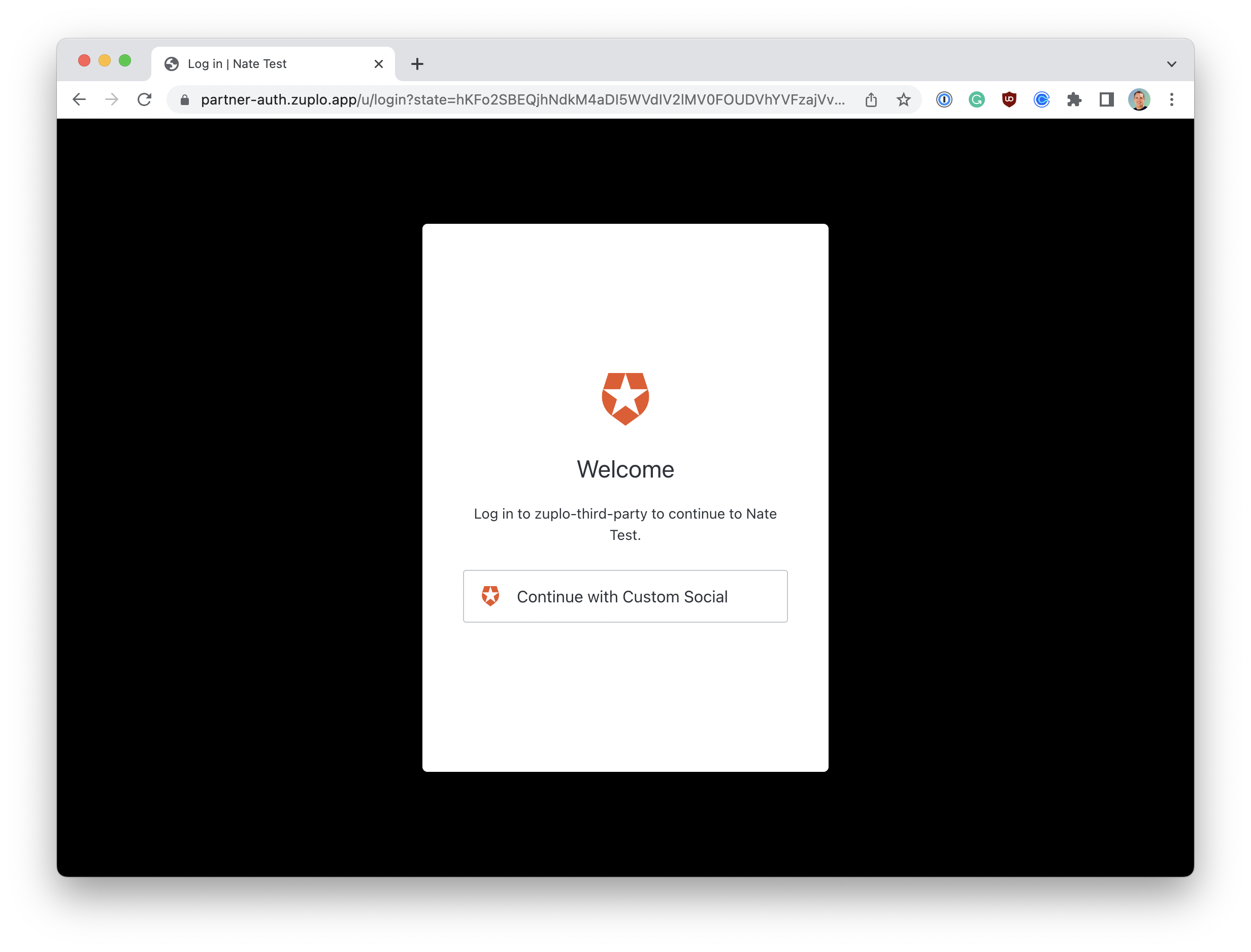Auth0 is still one of the best ways to add authorization to your app. However,
one minor annoyance I have found is that there is no way to force every login to
use a single identity provider (i.e. connection) without configuring each client
with the connection
parameter.
So even for an app that only allows users to login with a single social
connection (i.e. Google) users will still see the Auth0 login picker by default.

With Cloudflare Workers and an Auth0 custom domain it is easy to fix this issue.
After you setup your custom domain, you need to make sure you are
proxying the CNAME through Cloudflare.

Next, create a simple Cloudflare Worker with the following code.
Finally, configure a Route for the Cloudflare worker to run on the /authorize
path. The route should look like this: my-cname.example.com/authorize*. Make
sure to put the * at the end; otherwise, requests with the query parameters
will not be sent to the worker.

When a request comes to the regular /authorize URL to start an OAuth flow, the
connection query parameter is added automatically. Every user will skip the
Auth0 login page and immediately go to the login page of the specified
connection.
One word of caution, I am unsure if Auth0 supports this configuration. It works for me, but Auth0 could make changes that break this at some point.
Hopefully, this helps solve a minor annoyance you might have with Auth0.